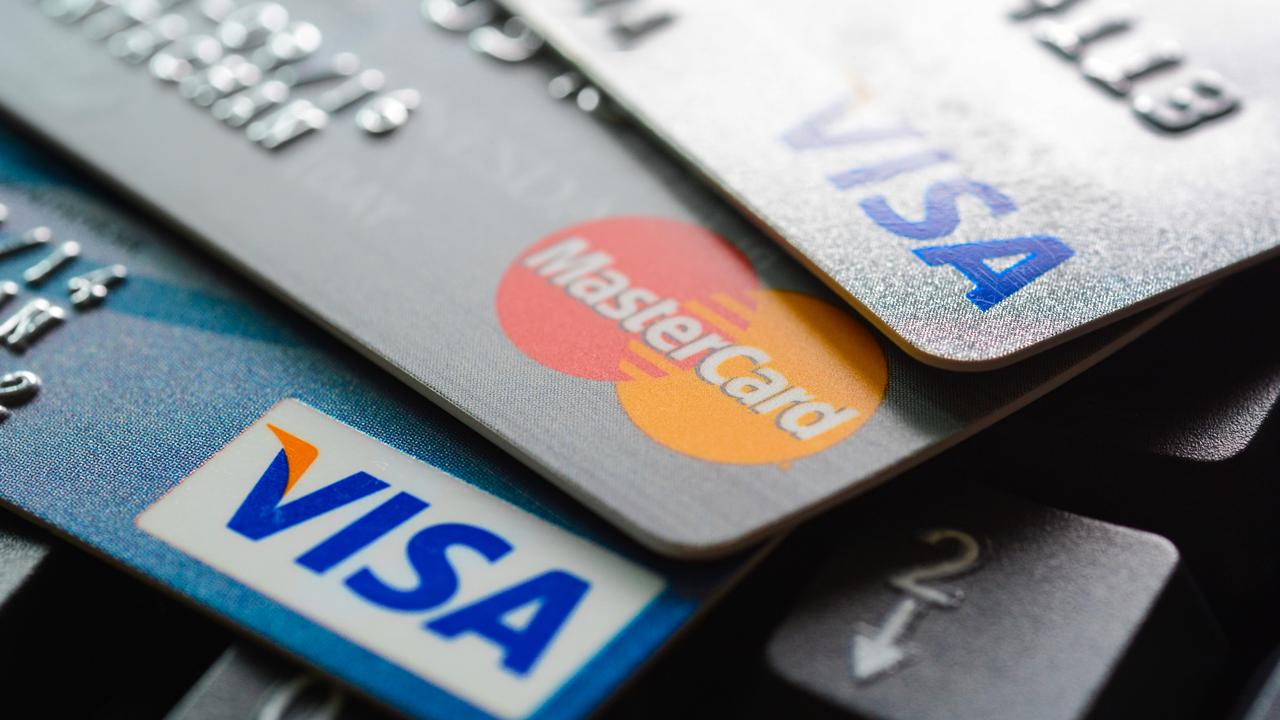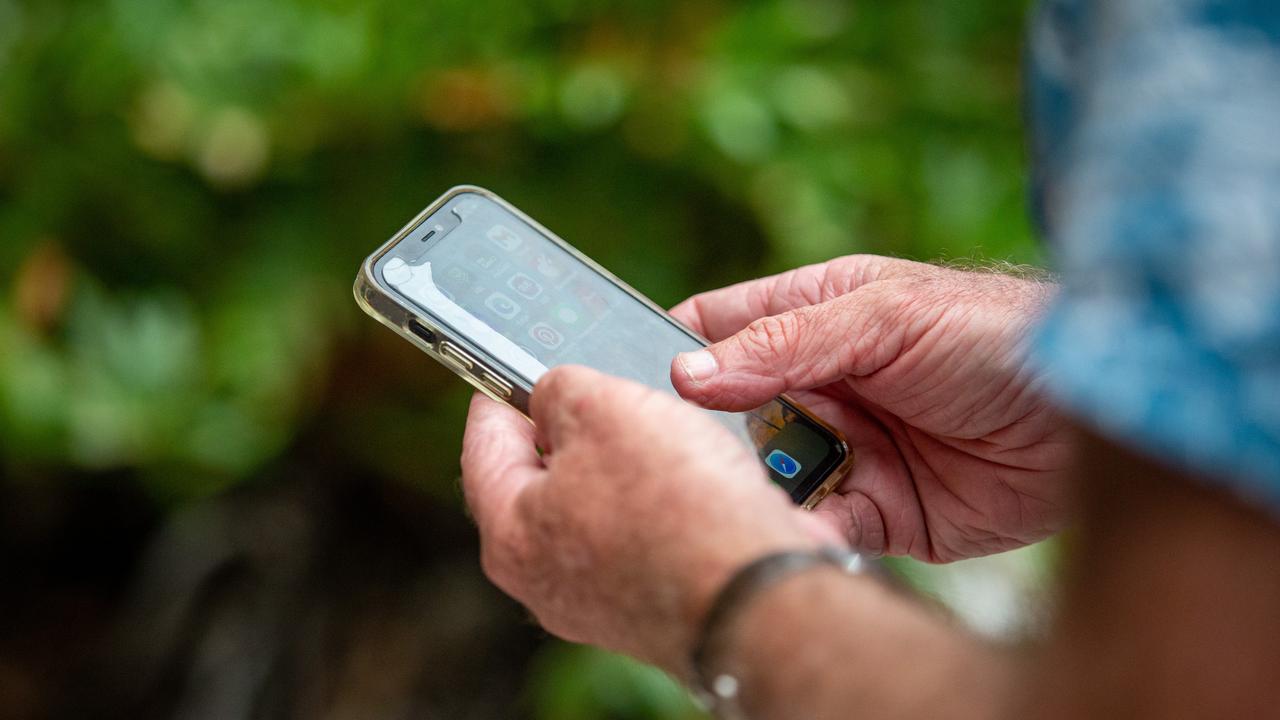Catfish nightmares: The common practice of stealing peoples photos online and republishing them without permission
WHEN Lara Kelly decided to blog her body transformation three years ago, she had no idea she would be unintentionally caught up in a number of online scams.

WHEN Lara Kelly decided to blog her body transformation three years ago, she had no idea she would be unintentionally caught up in a number of online scams.
Using her Tumblr and Instagram accounts, the 21-year-old documented her weight loss progress.
Having lost 57 kilograms, the before and after photos she was posting were inspirational for her devout followers.
However, things took a sinister turn when the blogger discovered her photos had been stolen and were being used to promote weight loss products she had nothing to do with.
“I had people get in contact with me and asking about products they had seen advertised on social media using my photos,” she said.
“I would advise them I had nothing to do with the products or the claims made and then would report the post.”
Ms Kelly said she was shocked when she found out her pictures were being manipulated to falsely promote products.
“I would post the photos and share my story with other people because I know when you’re starting a journey like that it seems like you’re a long way from your goals, and it’s helpful to see other people who have been there and done it and to know it’s not impossible,” she said.
“Then you get someone posting my pics saying I lost the weight in four weeks thanks to some magic goji berries.
“Not only does this give people false hope, but it takes away from the fact you have to work your butt off for the results.”
Ms Kelly said she was naive thinking reporting the posts would stop her images being reproduced without consent.
“You report one post and it gets taken down and then before you know it people have tagged you in 10 more asking for advice,” she said.
“I was always quick to reply to the comments and let them know the claims were fake.”
In addition to capitalising on her hard work, Ms Kelly said the posts often led to hurtful comments in regards to her appearance.
“People would say the nastiest things in regards to my photos,” she said.
“Most of the comments would say I had taken drugs to achieve results or even though I lost weight I was still ugly.”
In a hope to combat the theft of her images, Ms Kelly started watermarking her images, but even that didn’t deter the cyber thieves.
“They are still stealing them to try and sell bogus products and sometimes they simply blur the watermarks,” she said.
THE FLIP SIDE
While the stolen photos are the cause of much concern for those depicted, the people using them are far from remorseful.
One man, who only wanted to be known as Ben, claims to have used photos from people’s personal Facebook accounts without permission.
“It’s nothing malicious; it’s just a marketing technique to build social profiles,” he said.
“Make a profile with some good looking photos of someone and you’re guaranteed to make friends and contacts easier.
“Usually it’s used for the initial “5000” Facebook friends and then you expand to a product or page and move away from the fake profile.”
Ben said he believed the process was harmless and doesn’t think the photos should be classified stolen.
“If they have been uploaded to a public domain and made available to strangers then I think it’s hard to say they are being unlawfully used,” he said.
“If people want to avoid this happening then stricter privacy policies are required and if sites like Facebook don’t already feature then it’s something they need to consider.”
THE SOLUTION
There are no exact figures on how many online photos are stolen, but judging by google searches on the topic, you could estimate it would be in the millions.
Watermarks, plugins or low resolution photos might lessen the chance of having them taken but the tactics aren’t foolproof.
According to Australian security website thecybersafelady.com.au there is only one simple solution to problem.
“It may be one in a thousand chance that your or your family members image is stolen, but don’t make it easy for the thieves,” the website wrote.
“Don’t upload any photo to the internet you could live with having stolen.”



